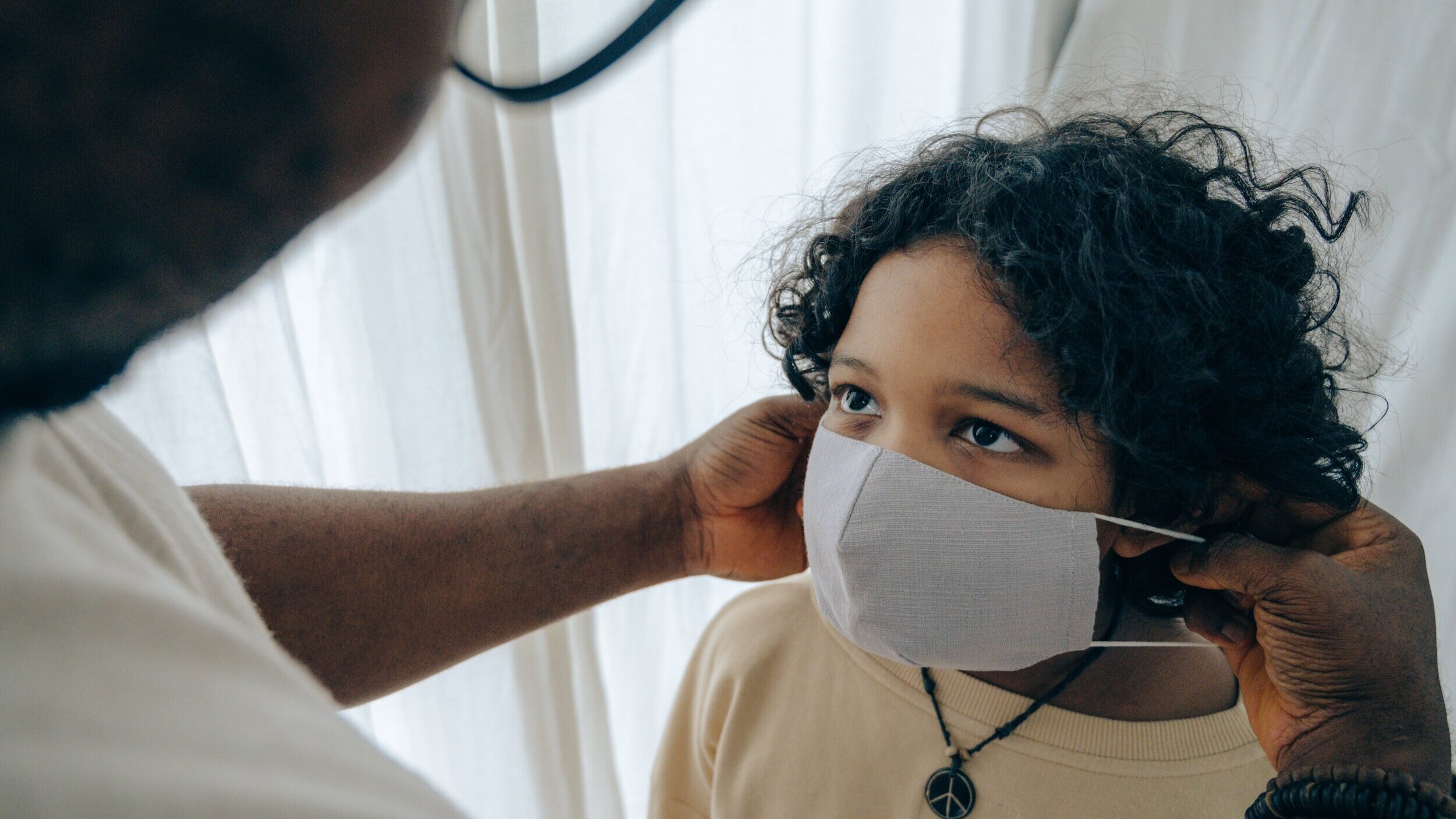Sharing Power to Re-imagine a More Compassionate Future for our Community
Well before the COVID-19 pandemic, our community was grappling with challenges related to inequities amongst us. Some perceive the pandemic as uncovering inequity while others describe the pandemic as amplifying or magnifying inequity. Sadly, the populations that are disproportionately affected by the pandemic have been structurally marginalized for most of our history. These communities are at risk of both health and economic consequences of the fallout from COVID-19. They were vulnerable yesterday, they are vulnerable today, and they will be vulnerable tomorrow. Unless, we do something about it.
There are many examples of inequity, however, let us focus in on two specific areas of interest to London: race, and mental health. Data from June 2020 indicates that although racialized Londoners make up 17% of our community, they make up 27% of COVID-19 cases. Similarly, Londoners living with mental illness and addiction continue to experience chronic difficulties with accessing evidence-based treatment with wait times worsening while demand for services skyrockets.
Although many of us are hardwired with an impulse to fix inequities, the problem with this approach is that there is no quick fix to the oppressive structures that feed and fuel inequity in our society. There is no check box we can tick to then simply move on. If we want to make transformative change, we must step back from the urge to fix things ourselves and better understand the perspectives of our fellow citizens with these experiences. Becoming aware of how their lives are different from ours will lead to complex emotions. It is our job to wrestle with these emotions and work through them, without imposing our burden on others.
To truly address inequity, we must not only gain a deeper understanding of the lived and living experience of others, we must also work together to co-design solutions. Authentic and meaningful approaches to co-design require most of us to share our power and privilege with one another and not fall into the trap of tokenism. Tokenism is toxic to a participatory approach to problem solving. Tokenism is not consultation. Tokenism is not participation. Tokenism is setting the agenda and inviting others without critically reflecting on their input. Meaningful engagement requires sharing power and working with others to set the agenda before the meeting even starts.
This moment in history calls upon us to re-imagine a future where decisions are made in a collaborative and distributed way. Our generation is being called not only to rise, but to rise by lifting one another. The story of the pandemic is still being written. What will be the narrative that future generations learn about us?

